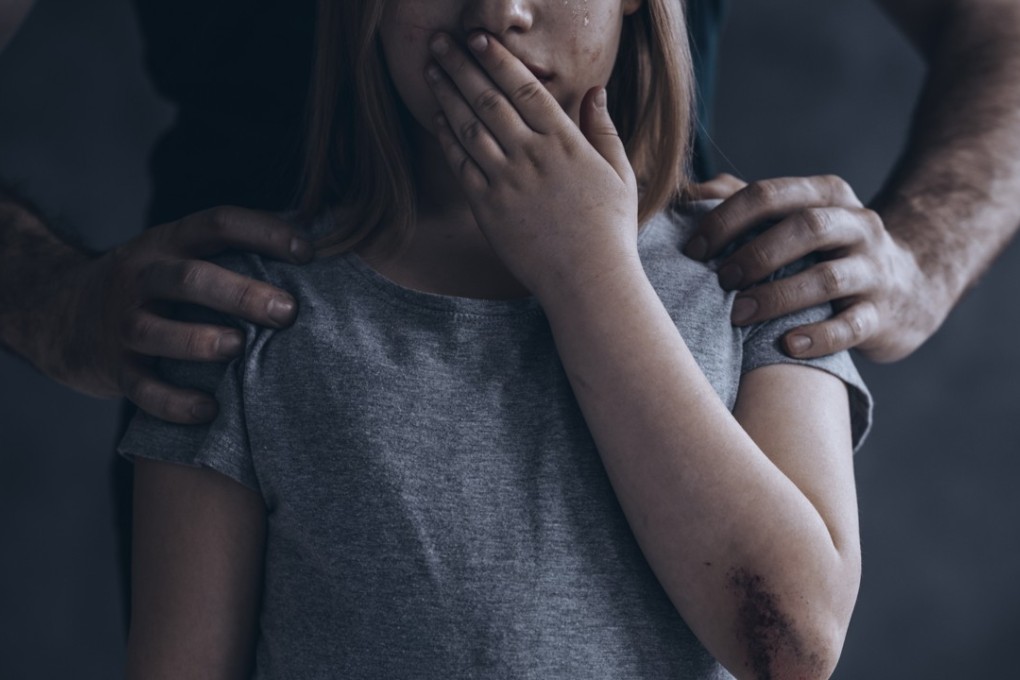Violence against children can be eradicated by making it a national priority
A. K. Shiva Kumar and Baroness Vivien Stern say it is within the grasp of all countries, not just rich ones, to end violence against children, be it abuse at home or in school, by eliminating the taboos, encouraging them to speak out and promoting a human development agenda

Some 1.7 billion children experienced interpersonal violence in 2014. This included 55 million adolescent girls aged 15-19 who had experienced physical violence since the age of 15, 18 million girls in the same age group who were sexually assaulted and 100,000 children who were murdered.
Even worse, patchy statistics, social acceptance, children’s fear and stigma lead to under-reporting.
Children who experience violence are more likely to suffer depression, turn to drugs, endure poor heath and take their own lives. Kids bullied or beaten at school avoid attending.
Safety checks ordered for kindergartens in China
Preschools across China to be inspected after ‘series of child abuse cases’
Hope can be found. Violence is lower in countries committed to a human development agenda prioritising child health and education, particularly for girls. Developing countries have tackled the problem; countries don’t have to wait until they are rich.